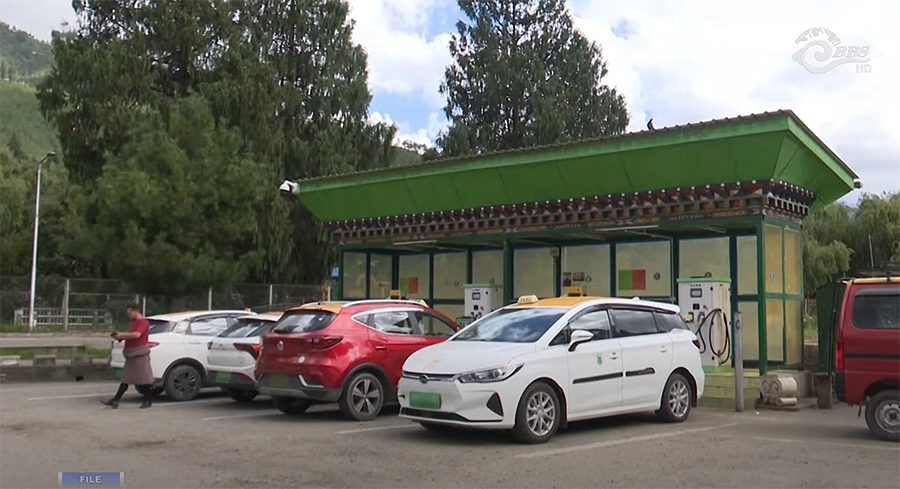 An initiative designed to promote sustainability is, ironically, placing unsustainable pressure on banks. Bank of Bhutan alone has Non-Performing Loans amounting to over Nu 41 M from more than 30 EV taxi owners. The bank has already seized five taxis as part of its loan recovery measures.
An initiative designed to promote sustainability is, ironically, placing unsustainable pressure on banks. Bank of Bhutan alone has Non-Performing Loans amounting to over Nu 41 M from more than 30 EV taxi owners. The bank has already seized five taxis as part of its loan recovery measures.
 As of March this year, some 32 EV taxi owners have failed to repay their loans to Bank of Bhutan. The Bank has already seized five and another 34 taxis are at risk. The Bank has 246 clients under the Bhutan Sustainable Low-Emission Urban Transport Systems project, making it the largest holder of EV Taxi clients in the country.
As of March this year, some 32 EV taxi owners have failed to repay their loans to Bank of Bhutan. The Bank has already seized five and another 34 taxis are at risk. The Bank has 246 clients under the Bhutan Sustainable Low-Emission Urban Transport Systems project, making it the largest holder of EV Taxi clients in the country.
The bank gives clients up to a 90-day period to repay their loans, and if they remain unpaid, the banks, along with the Bhutan Taxi Association, seize and reallocate the vehicles.
The bank says several issues are causing NPL. Some EV Taxi owners sell their vehicles without informing the bank or transferring the loan, making recovery difficult. Long repair times and limited support from stakeholders further worsen the situation.
Two EV taxi owners with Bhutan National Bank have also failed to repay their loans. However, BBS could not confirm this from the bank.
EV taxi owners say they are struggling to pay the loans. They say lack of reliable maintenance and repair services, limited charging stations and an increasing number of taxis make it hard for them to earn.
“We spent more time charging than actually working. I was already struggling to repay the loan when the car’s gearbox failed. If there’s an accident, insurance covers it, but if not, I’m on my own. The gearbox costs around Nu 200,000 and isn’t readily available. It takes at least three months to arrive,” said Ugyen Penjor, a taxi driver.
Another taxi driver, Tandin Tshering, said, “These days, so many drivers have obtained PD licenses and are now driving taxis, which is why the number of taxis keeps increasing. For example, I had to make three rounds just to get a single passenger from Babesa to town—and in the end, I only dropped off that one person.”
“While Thimphu has enough charging stations, it gets challenging when we have to travel longer distances. Passengers often mention how comfortable the car is, but they also ask if there’s enough charge, just to make sure they won’t be left waiting during the journey. That’s why it’s so important to install as many charging stations as possible,” said Ugyen Tshering, a taxi driver.
They say the government should train local mechanics to repair electric vehicles. They also want spare parts at affordable rates and more public charging stations nationwide.
EV dealers say owners often avoid authorised service centres, which leads to damages not covered by warranty. They said spare parts for routine maintenance are available, but major repairs may require ordering components that can take up to three months. To improve after-sales support, dealers said they have technicians trained in countries like Thailand and China.
The Department of Surface Transport, which now oversees the project, says the EV suppliers are obligated to provide post-sale maintenance within a set period. If they fail to do so, they must repay the loan on the vehicle.
The department explained that the Office of the Prime Minister and Cabinet will address past issues, while any new issues arising after the project was handed over to the Ministry of Infrastructure and Transport will be resolved by the department.
The department, however, plans to review loan performances and investigate what led to the growing number of Non-Performing Loans.
Samten Dolkar
Edited by Sangay Chezom









